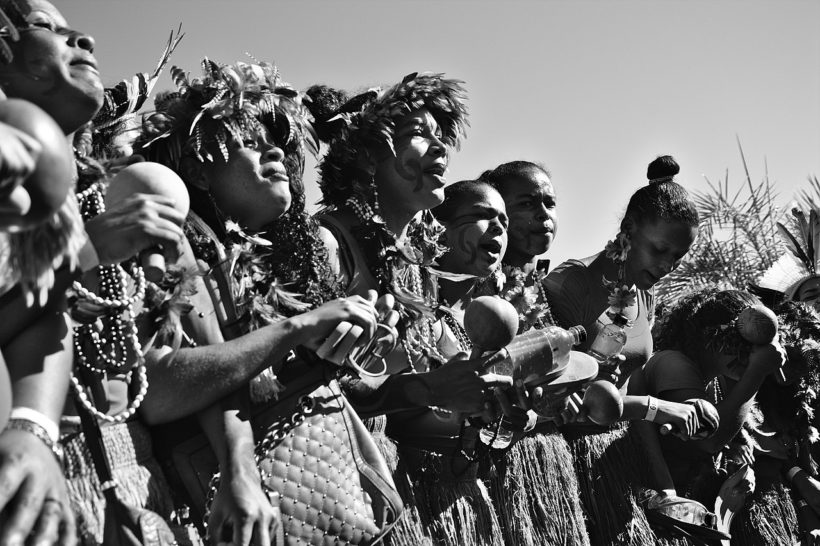All the languages bequeathed to us by the American First Nations are under threat, some more than others. In Spanish-speaking America, the overwhelming hegemony of Spanish and the monistic and homogenising vision of the states and their policies have historically worked against the use, conservation and development of Amerindian languages. From this point of view, the school was assigned a civilising and Castilianising role, which it has still not been able to shake off. Today, the threats are multiplying in a framework of economic, social, cultural and even military policies that are contrary to the interests of indigenous peoples.
By Luis Enrique López
Even though at the global level there is greater awareness of the collective and individual rights of these peoples and of ethnic, cultural and linguistic diversity in general, in Latin America ideologies and visions persist that are contrary to the cultural and linguistic heterogeneity that characterises the continent. The prevailing Eurocentrism, discrimination and racism mean that Spanish speakers are not sufficiently open to and motivated by linguistic diversity and the learning of the native languages of the Americas.
The fact is that the survival of indigenous languages does not depend solely on indigenous families and societies, but rather on all the inhabitants of the region, children, adolescents, young people and adults. Given the coloniality of power, knowledge, being and speaking, the ideologies and attitudes of Spanish speakers towards indigenous languages and, above all, of indigenous women and men, have an impact on the situation of indigenous languages and even on what happens to them in indigenous families and communities. If the hegemonic sectors change their anti-Indigenous Peoples, their cultures and their languages, this transformation will have an impact on the decisions that families and communities make about the languages of their elders. In other words, the less racism and discrimination, the greater the opportunities for the recovery and revitalisation of indigenous languages at the community level.
Building democratic possibilities and opening windows of opportunity for the use and sustainability of indigenous languages requires multiple actions from equally diverse spaces.
It is up to the state and its institutions to make every effort to communicate in indigenous languages and not only in Spanish, which requires officials who speak the languages of the localities in which they work, as well as interpreters, translators and indigenous cultural mediators. It is also possible to make use of the many existing technological resources and, for example, to create telephone centres that serve the people in their languages and to produce applications in indigenous languages on different topics and offer different services.
In this context, it is up to education systems to take action to dismantle the prevailing racism and discrimination, as well as to motivate and entice Spanish-speaking students to take an interest in learning an indigenous language and to discover and value the indigenous cultural heritage of their countries. To this end, it is urgent to break with the equation indigenous languages=past and place them in a contemporary and forward-looking perspective. On this path, it is necessary to innovate and enrich language learning approaches and methodologies so that Spanish speakers can enjoy and enjoy their native language classes, using videos, applications, games and songs, among other strategies.
Along these lines, the media have a key role to play in modifying the prevailing linguistic ideologies that threaten the present and future of indigenous languages. Couldn’t entertaining radio and television programmes be produced to promote the learning of indigenous languages, leading them to use and enjoy these languages and at the same time discover the social and cognitive advantages of bilingualism?
It is imperative that all Latin Americans succeed in shedding the ideologies historically held against indigenous societies, their cultures and languages. On that path, it would be great to approach with curiosity and interest and learn an indigenous language. Every language is a window that allows us to enter an unknown and different world. Learning an indigenous language also helps us to discover how its speakers think and feel, as well as to appropriate new and different knowledge that is useful for everyone. In this way, the possibilities of democratic coexistence between different people will be closer.










